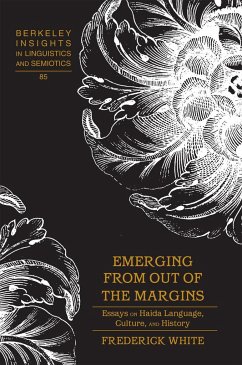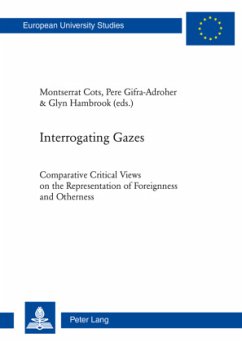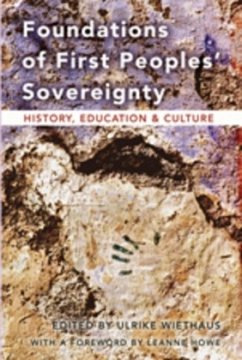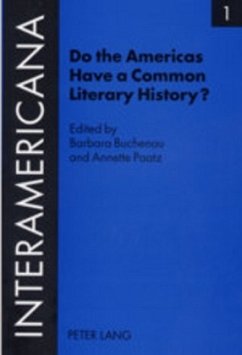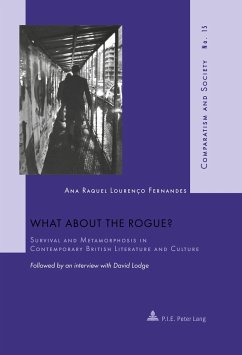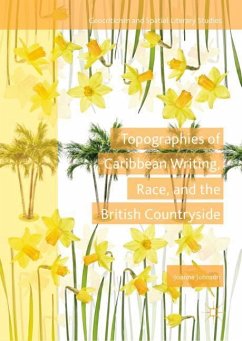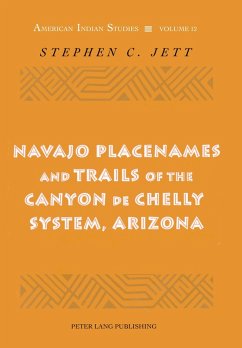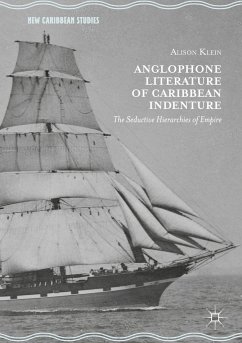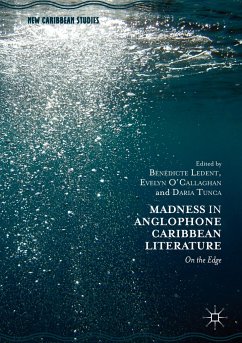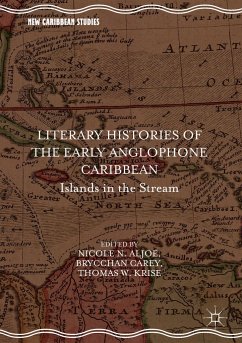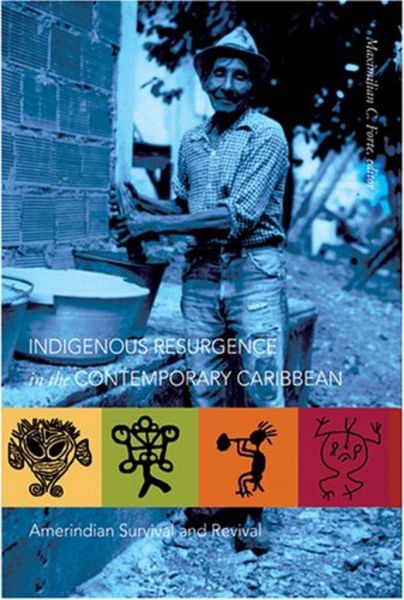
Indigenous Resurgence in the Contemporary Caribbean
Amerindian Survival and Revival
Herausgegeben: Forte, Maximilian C.
Versandkostenfrei!
Versandfertig in 6-10 Tagen
40,50 €
inkl. MwSt.

PAYBACK Punkte
0 °P sammeln!
Views of the modern Caribbean have been constructed by a fiction of the absent aboriginal. Yet, all across the Caribbean Basin, individuals and communities are reasserting their identities as indigenous peoples, from Carib communities in the Lesser Antilles, the Garifuna of Central America, and the Taíno of the Greater Antilles, to members of the Caribbean diaspora. Far from extinction, or permanent marginality, the region is witnessing a resurgence of native identification and organization. This is the only volume to date that focuses concerted attention on a phenomenon that can no longer be...
Views of the modern Caribbean have been constructed by a fiction of the absent aboriginal. Yet, all across the Caribbean Basin, individuals and communities are reasserting their identities as indigenous peoples, from Carib communities in the Lesser Antilles, the Garifuna of Central America, and the Taíno of the Greater Antilles, to members of the Caribbean diaspora. Far from extinction, or permanent marginality, the region is witnessing a resurgence of native identification and organization. This is the only volume to date that focuses concerted attention on a phenomenon that can no longer be ignored. Territories covered include Belize, Cuba, Dominica, the Dominican Republic, French Guiana, Guyana, St. Vincent, Suriname, Trinidad and Tobago, and the Puerto Rican diaspora. Writing from a range of contemporary perspectives on indigenous presence, identities, the struggle for rights, relations with the nation-state, and globalization, fourteen scholars, including four indigenous representatives, contribute to this unique testament to cultural survival. This book will be indispensable to students of Caribbean history and anthropology, indigenous studies, ethnicity, and globalization.





